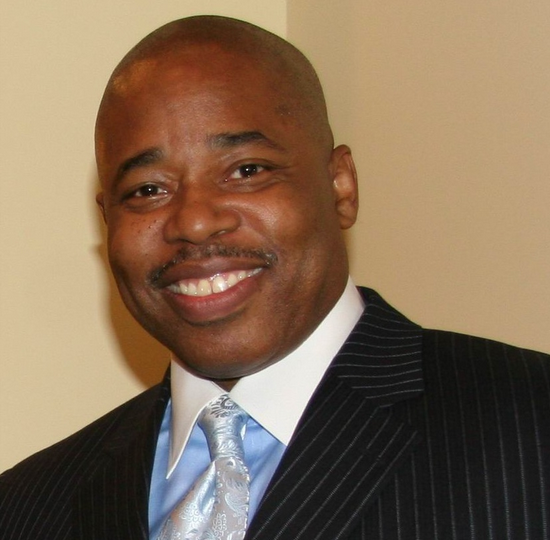Adams, at Brooklyn Chamber, outlines his agenda
Stresses Affordability, Safety, Growth

Screen Shot 2013-11-18 at 12.05.08 PM.png
At a breakfast on Friday sponsored by the Brooklyn Chamber of Commerce, Brooklyn Borough President-elect Eric Adams stressed the need to include all relevant parties in the decision-making process, as well as the need to make sure that Brooklyn is affordable to low- and middle-income residents.
In addition to people in business and finance, a good number of people in the healthcare, legal and social-service fields were in attendance.